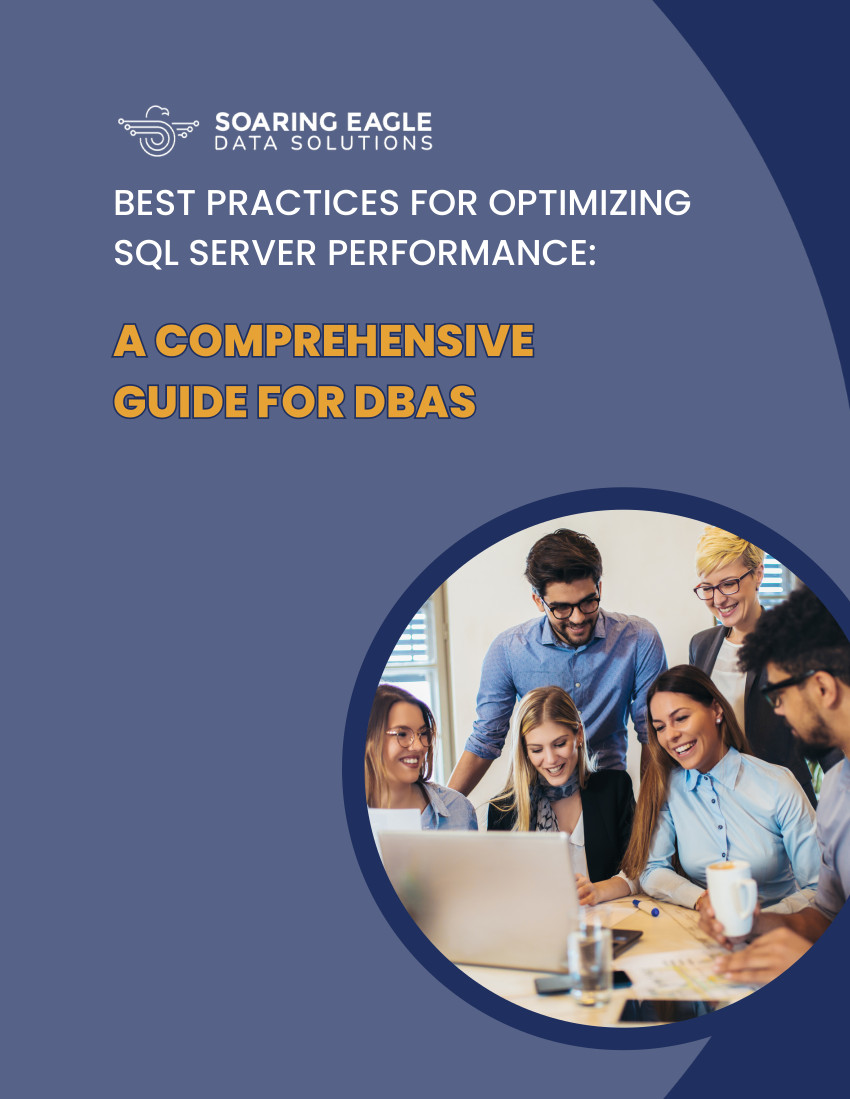Hiring a Database Administrator (DBA) for healthcare organizations requires a specific skill set and knowledge of healthcare data systems.
Here are 15 interview questions along with explanations of why they are important:

- What experience do you have with healthcare-specific databases and Electronic Health Records (EHR) systems?
Healthcare databases have unique structures and compliance requirements, so the candidate should have prior experience in this industry. A familiarity with the appropriate APIs is also useful.
- Can you explain your knowledge of HIPAA regulations and how they relate to healthcare data management?
Healthcare DBAs must understand the strict data security and privacy regulations to ensure patient data remains protected. Security roles and rules must be created and enforced all the way down to the data layer.
- Describe your experience with database design and optimization for healthcare data storage and retrieval.
Efficient data storage and retrieval are critical in healthcare to support timely patient care and research. Increasing the performance of applications that are commonly used by Doctors and Nurses can significantly increase the number of patients that can be seen every day, and decrease patient wait times.
- How do you ensure data integrity and accuracy when working with healthcare databases?
Maintaining data accuracy is vital in healthcare to avoid medical errors and ensure quality patient care. Implementing Master Data Management or Data Interoperability projects helps establish the Source of Truth and keep data accurate across the data landscape. A good follow up question: Ask about handling Unstructured Data.
- What strategies do you use to ensure high availability and disaster recovery for healthcare databases?
Healthcare databases need to be operational 24/7 to support patient care, and a DBA should have experience implementing a robust backup, High Availability, and failover systems.. It is important to note that tools High Availability and The Cloud do not by themselves create a full disaster recovery plan.
- How do you handle data migration and integration when implementing new healthcare systems or technologies?
Healthcare IT often involves integrating new systems and migrating data, so DBAs should have experience in migrating data across multiple platforms as well as upgrading existing systems (examples: moving off SQL 2016 end of life servers, and getting your pharmacy application to talk to your payments application)
- Can you discuss your experience with healthcare data warehousing and reporting?
- Data warehousing and reporting are essential for healthcare analytics, research, and compliance reporting. Not all DBAs have a background in data warehousing, it’s a relatively specialized field and you should explore all your employee’s talents and utilize them appropriately. Important note: If you hire a DBA that lacks a specialized ability, you will want to invest in that employee with training, or bring in data consultants help to assist with those projects, or both.
- Do you have experience with managing healthcare-specific applications that rely on database systems, such as Picture Archiving and Communication Systems (PACS) or Laboratory Information Systems (LIS)?
Healthcare applications like PACS and LIS rely heavily on databases, and the DBA should be familiar with these technologies. Most DBAs can handle any type of application that sits on top of the data environment, but if any of your systems or applications have specific APIs you may want to bring it up, and even mention those APIs in your job description.
- How do you ensure data backup and recovery comply with healthcare industry regulations and standards?
Ensuring that backups meet compliance standards is crucial for protecting patient data. Experienced DBAs in the healthcare space will have good ideas or be able to discuss recovery plans they have implemented in the past that worked well.
- Can you explain your knowledge of data encryption and security measures to protect sensitive healthcare information?
Protecting healthcare data from breaches and unauthorized access is paramount, and the DBA should understand encryption and security best practices. Data layer and hardware layer encryption cannot be skipped.
- What experience do you have with database auditing and monitoring tools for healthcare compliance?
Monitoring tools are vital for tracking data performance and reliability. Every DBA will have a favorite tool, and you’ll want to consider the cost of the database monitoring tools your DBA likes vs the rewards gained in their productivity. Hint: Good database monitoring tools should improve your employee’s efficiency many times over.
- How do you prioritize and manage database maintenance tasks in a healthcare environment to minimize downtime?
Healthcare databases must be available around the clock, so effective maintenance scheduling is crucial. Reliable test environments are key to success here.
- What certifications or training have you completed related to healthcare database management?
Certifications, such as Certified Healthcare Technology Specialist (CHTS) Database or HIPAA compliance training, demonstrate a commitment to healthcare-specific knowledge. Many of these should likely be retrained on hire to cover compliance issues.
- Describe a challenging issue you faced in healthcare database management and how you resolved it.
This question assesses problem-solving skills and practical experience in a healthcare IT environment.
- How do you stay up-to-date with emerging healthcare IT trends and technologies?
Healthcare IT is continually evolving, and DBAs should be committed to ongoing learning and adaptation. A good database administrator will go above and beyond to learn about changes to the technology and constantly be learning. Attending events like PASS Summitt or SQl Saturday are good things to listen for.
These interview questions will help assess a candidate's qualifications and experience in healthcare database administration, ensuring they are well-suited for the unique demands of the industry.
If you are struggling to find good full time employees for IT in the Healthcare industry, read THIS article


